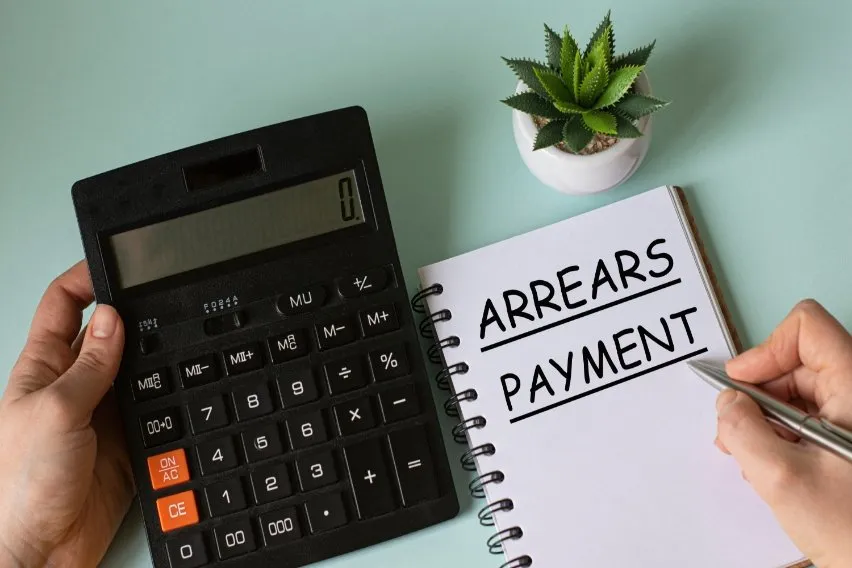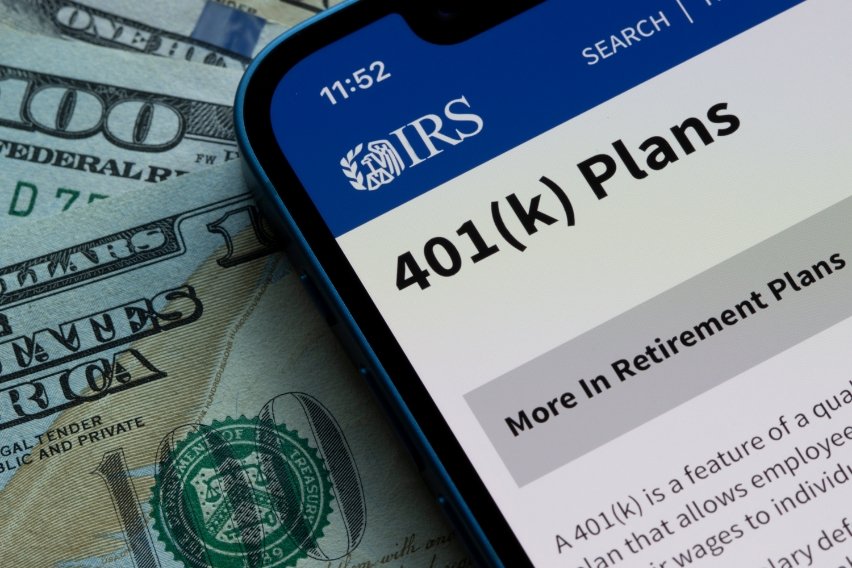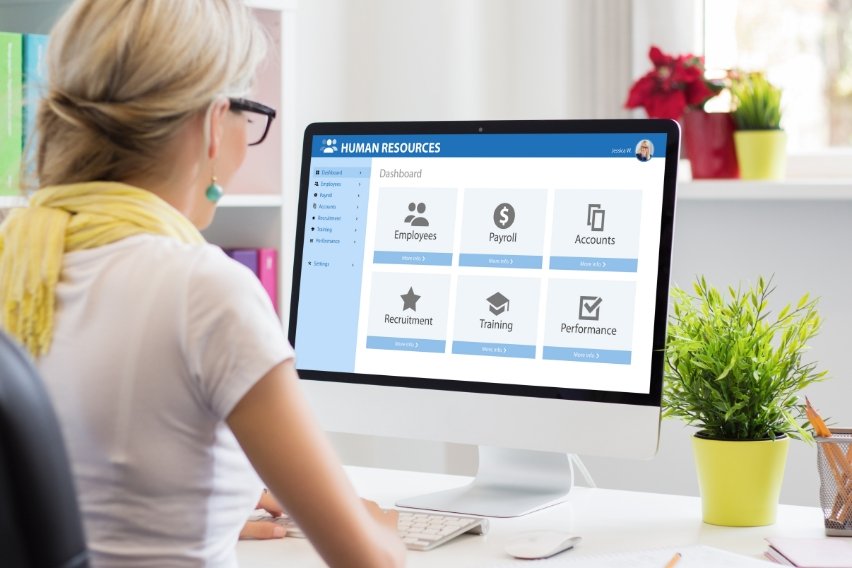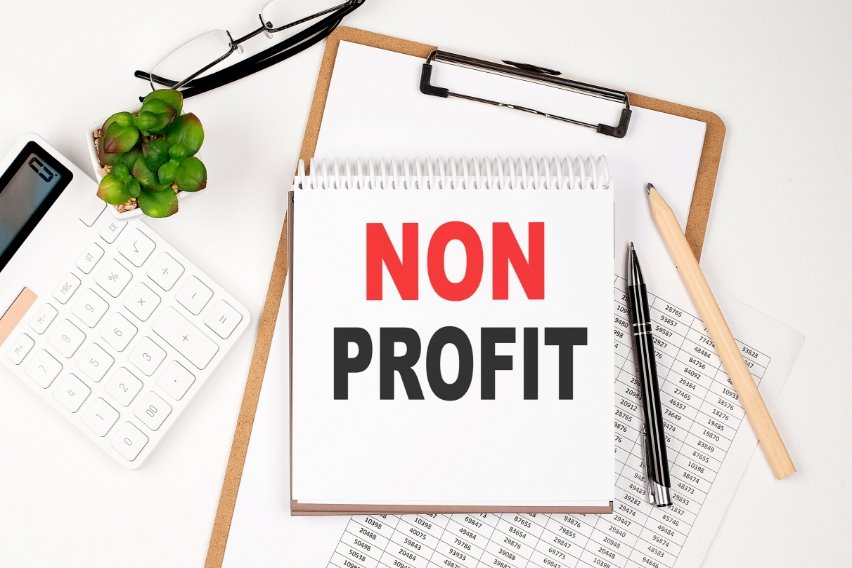What Does Paid in Arrears Mean?

Paid in arrears refers to being paid after work has been completed. It’s the opposite of being paid in advance, meaning the recipient is paid after a good or service has been provided. In some cases, this is done as part of an agreed-upon arrangement, but it can also refer to a late payment due to an accounting error or a lack of funds.
In accounting and payroll, it’s important to distinguish between payments in arrears and payments in advance in order to maintain a healthy cash flow and keep good working relationships with payees. This guide will explain some of the reasons companies often prefer to pay in arrears, compare it to other payment methods (e.g., paying in current), offer examples, break down the pros and cons, and provide some tips for transitioning to this payment model. Let’s have a look!
Key Takeaways
- Payment in arrears either refers to a late/overdue payment or to an agreed-upon arrangement where payment is released after a good or service is provided.
- Arrears payroll is a common method to pay workers, meaning staff are paid for a previous pay period instead of the current one.
- Many companies pay in arrears in order to simplify employee payroll management and streamline revenue.
- Arrears have a slightly different meaning in accounting than payroll—for accounting purposes, this usually refers to paying an invoice after receiving a product or service.
- Payroll software can make it much easier to manage payment in arrears for your staff.
Table of Contents
- Why Do Companies Prefer Paying in Arrears?
- What Does Paying in Arrears Mean in Payroll?
- What Does Paying in Arrears Mean in Accounting?
- Paid in Arrears vs. Paid in Current
- Example of Payment in Arrears
- Pros of Paying in Arrears
- Cons of Paying in Arrears
- Best Practices for Paying in Arrears
- Transitioning to Paying in Arrears
- Optimize your Payroll Management with FreshBooks Payroll
- Frequently Asked Questions
Why Do Companies Prefer Paying in Arrears?
There are a number of reasons it might make more sense for a company to pay in arrears, depending on their industry and business model. Here are a few common reasons companies prefer to pay in arrears:
- Simplifying Payroll Calculation: In many cases, employees are paid after they have worked for a given pay period. Companies prefer to pay wages in arrears because it allows them to calculate all payroll factors (such as overtime or vacation pay) before releasing payment.
- Improved Cash Flow Management: Paying in arrears helps businesses manage their revenue when working with other companies or contractors. By paying these professionals in arrears, companies have the chance to get paid by their clients before paying other expenses associated with a given project.
- Improved Payroll Management: By paying employees with arrears payroll, businesses have the chance to review their staff’s completed work before rendering payment, meaning payments are more accurate and fewer adjustments are needed, if any.
What Does Paying in Arrears Mean in Payroll?
Paid in arrears is a payment arrangement where an employee agrees to be paid for a given period on a date after the end of that period. This is the most common employee payment arrangement. For example, employees may receive their monthly salary on February 1 for work carried out throughout January. In this case, they would be getting paid for work already completed, or in other words, they are paid in arrears.
Paying in arrears allows a business time to calculate total wages for the current pay period. This may include wages earned from commissions, tips, or overtime.
However, paying in arrears is not the standard for every industry. Some professions or industries require payment in advance for work that is not yet complete. For example, a manufacturer may demand payment in full before launching production.
What Does Paying in Arrears Mean in Accounting?
In terms of accounting, paying in arrears refers to goods and services received from external vendors instead of employees.
For example, let’s say a restaurant receives a shipment of tomatoes from a supplier. The invoice states that payment should be received in full within 30 days. This means the restaurant has received the goods upfront and must settle payment in arrears. They can now use the revenue gained from food sales to generate cash to pay the invoice.
However, an account in arrears can sometimes refer to an account behind payments. Suppose the restaurant still hasn’t paid the invoice 60 days later. In that case, their account is in arrears, and the supplier may choose to cut off deliveries until all payments are settled.
Paid in Arrears vs. Paid in Current
Paid in arrears is the opposite of paid in advance. Arrears refers to a payment that is issued after goods or services are completed or delivered. In contrast, advance payments are given upfront before goods or services are provided.
Paid in Arrears
Whether a bill should be settled in arrears or in advance depends on the context. For example, employee salaries, utility bills, and taxes are all payments typically settled in arrears. These payments depend on calculating amounts that can change over a period. Therefore, it doesn’t make sense to pay for them upfront.
Restaurants often pay suppliers in arrears. This allows them to issue payments covering multiple deliveries simultaneously rather than dealing with individual invoices.
Paid in Current
On the other hand, some payments are settled in advance. For example, insurance premiums, prepaid phone bills, and rent are generally paid before the service has been delivered.
Law firms usually demand a retainer for their services. A retainer is a form of advance payment. This type of advance payment may only represent part of the final payment due. After the client’s arrangement with the law firm ends, they’ll be billed for the total services rendered minus the retainer.
Example of Payment in Arrears
In the classic meaning of the phrase, arrears refers to overdue accounts. So, if you fail to pay your $700 mortgage payment by its June 30 due date, your account will be in arrears for $700 by the following business day. Your account will remain in arrears for $700 until the payment is submitted. If you pay off $500 of the June 30 payment, you’re in arrears for $200.
In terms of payroll, arrears refers to payment after the work is completed. Let’s say a restaurant pays its employees in arrears bi-monthly. After the first 2 weeks of the month, the employer calculates employee wages for the current pay period. They may add additional wages in the form of tips or other benefits or make deductions for absences. After calculation, they pay employees in arrears on the following business day.
For accounting purposes, arrears refers to settling accounts for goods and services with external vendors. For example, suppose a supermarket receives a new shipment of fresh milk. Since they did not pay for the milk up front, they will settle the payment in arrears. According to the invoice payment terms, they may have 30 or more days to pay the bill. If the supplier doesn’t receive payments before the pay period ends, the account will be in arrears.
Pros of Paying in Arrears
There’s a reason why many businesses prefer to issue payments in arrears. The benefits include:
- More Flexible Payments: Paying in arrears is not governed by strict terms. Instead, it’s up to the supplier of goods or services to determine when payment is due. In some industries, 30 days may be standard, while others offer even more flexible arrangements. Paying in arrears offer employers a more convenient payroll schedule and more accurate paychecks.
- More Time To Calculate Payroll: When employers pay employees in arrears, they have more time to add overtime, PTO, payroll taxes, commission, tips, or benefits. This isn’t possible when paying in advance.
- Greater Accounting Accuracy: Paying in arrears guarantees that the accounting team has more time to double-check whether the invoices match the goods received. This cuts down on costly errors leading to refunds and overcharges.
- Lower Risk Of Paying For Uncompleted Work: Unlike paying in advance, paying in arrears means you only pay for work already performed. This ensures that your business gets the most out of each dollar spent.
Cons of Paying in Arrears
There are some potential disadvantages to paying in arrears. These may include:
- Late Payments: If a company bills in arrears, it could potentially have a negative impact on cash flow. Since the company is waiting on payment for work already completed, it may have trouble directing enough working capital to immediate operations. In addition, the accounting department may use precious resources to chase down late payments.
- Lost Revenue: There’s always a chance that a client will fail to settle their invoice altogether. This can happen due to a missed payment caused by a temporary lack of funds or going out of business. Depending on the situation, recovering payment from accounts in arrears can be challenging.
- Risk Of Falling Behind On Payments: When paying in arrears, there’s a risk that the accounting workload will pile up and be difficult to handle. When this happens, it’s possible to fall behind on payments, risk penalties, or upset vendors.
Best Practices for Paying in Arrears
If not approached strategically, paying in arrears can introduce challenges for a company’s financial strategy. So, it’s essential to act according to best practices, such as:
- Request down payments from clients, even if you agree to be paid the bulk of the balance in arrears—this will help you manage cash flow and ensure you’re not waiting too long to receive payment
- Use accounting software to keep track of outstanding payments in arrears and ensure you never forget to send or follow up on payments. With FreshBooks accounting software, you can easily manage your finances and automate reminders, making it simpler to stay on top of your business.
- Implement a routine when paying clients or suppliers—if you have ongoing payment in arrears arrangements, it’s a good idea to pay them on the same day of each month
- Conduct client credit checks to make sure they’re financially sound before entering a payment in arrears arrangement
By following this advice, it’s possible to avoid most of the major pitfalls when paying in arrears.
Transitioning to Paying in Arrears
As with any change that will affect your employees and business cash flow, you’ll need to take care when transitioning to paying payroll in arrears. Here are a few tips to make the switch as simple and seamless as possible:
- Communicate with Employees: Your employees need as much notice as possible when switching their pay arrangement. Changes to their income can make it difficult to budget for essentials, so they’ll need at least 90 days’ notice to make sure they’re prepared. Remain available to offer explanations, examples, and to answer any questions.
- Update (Or Upgrade) Your Payroll System: You’ll need to make sure your payroll system can handle paying in arrears. If you’ve been using an outdated system, it might be time to consider a more modern solution to set up payroll for paying in arrears.
- Support Employees During the Transition Period: When switching to payroll in arrears, you may have to provide a paycheck for a shorter pay period. For some, this can be a significant financial challenge. Support your staff by setting up a savings account for them to contribute to before the transition, or by offering bridge loans or cash advances which will be deducted from future paychecks.
Optimize your Payroll Management with FreshBooks Payroll
Paying in arrears has many benefits, but it’s important to make the transition as smooth as possible for you and your staff. One of the best ways to do it is by using efficient payroll software to help you manage the intricacies and complexities of paying in arrears.
If you’re looking for a way to simplify payroll management and ensure timely, accurate payments to your staff, FreshBooks Payroll powered by Gusto is your best bet. The platform from FreshBooks makes it easy to automate payroll processing, reducing errors and cutting down on needless administrative work. To experience some of its features for accounting and payroll, try FreshBooks for free today.
FAQs About Payment in Arrears
Still curious about payment in arrears and what it means for businesses? Here are answers to a few frequently asked questions on this topic.
What does it mean to be paid 1 week in arrears?
If you’re paid 1 week in arrears, it means you are being paid for a period that ended 1 week before the payment date. So if you are paid 1 week in arrears for 2 weeks of work on January 16th, you would be receiving payment for December 26th to January 9th.
What does it mean if interest is paid in arrears?
Interest paid in arrears means that you are paying for the interest of the period that has just passed (usually the last month) in arrears. It’s a common arrangement for mortgage and other loan repayments. In the case of mortgages, you would usually also pay the principal amount for the next month in advance, meaning you’re making both a payment in arrears and a payment in advance at the same time.
What does billed in arrears mean?
Billed in arrears refers to when payment is released after services or goods have been provided, instead of beforehand. It’s the opposite of payment in advance.
What is arrears of payment?
Arrears of payment is a term usually used to state that a payment is overdue, typically when discussing loan or mortgage repayment.
How to calculate arrears?
To calculate arrears in payroll, start with the regular salary. Identify underpayments by calculating the difference between what was paid and what should have been paid from the previous paycheck to the current pay period. Subtract any payments made, and add any missed tips, overtime, or benefits.
Does being in arrears affect your credit?
Yes, being in arrears can affect your credit. That’s why it’s crucial to pay bills and mortgage payments on time. Overdue payments remain on your credit report for six years, negatively affecting your credit score. However, the impact on the overall score reduces over time.
About the author
Michelle Payne has 15 years of experience as a Certified Public Accountant with a strong background in audit, tax, and consulting services. Michelle earned a Bachelor’s of Science and Accounting from Minnesota State University and has provided accounting support across a variety of industries, including retail, manufacturing, higher education, and professional services. She has more than five years of experience working with non-profit organizations in a finance capacity. Keep up with Michelle’s CPA career — and ultramarathoning endeavors — on LinkedIn.
RELATED ARTICLES




 Types of 401(k) Plans: Everything You Need to Know
Types of 401(k) Plans: Everything You Need to Know Payroll Automation: Definition, Benefits & Process
Payroll Automation: Definition, Benefits & Process Payroll Audit: What It Is & How To Conduct It
Payroll Audit: What It Is & How To Conduct It Payroll for Nonprofits: Working Process & Benefits
Payroll for Nonprofits: Working Process & Benefits What is an Applicable Large Employer (ALE)?
What is an Applicable Large Employer (ALE)? 8 Best Payroll Software for Restaurants in 2024
8 Best Payroll Software for Restaurants in 2024